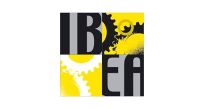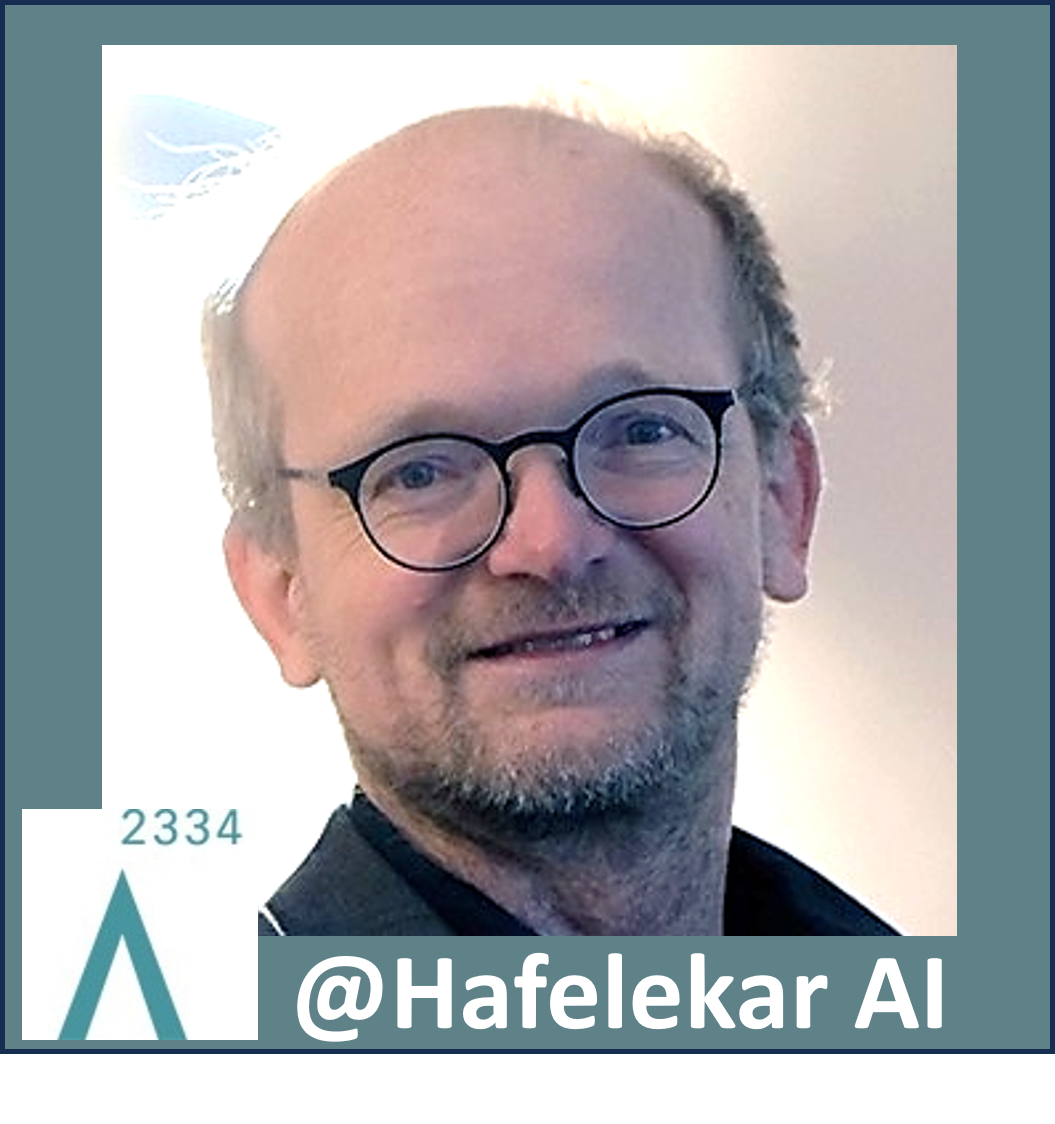
Integrated career guidance and integrated vocational training
The major object of IBEA is to support disadvantaged adolescents with vocational trainings after compulsory school and thus facilitate their integration into the labour market. As a result, there should be achieved a self-determined, self-confident lifestyle within society.
Within the scope of three subprojects, a concept for inclusive classes at vocational schools was developed jointly with partners from all over Austria. In order to integrate parts of the concept and materials into everyday school life, qualification measures were offered for teachers. Additionally, an integrative whole-year-procedure for vocational orientation for grade 9 and beyond were developed and tested. The latter happened jointly with polytechnic schools in Styria, Lower-Austria and Tyrol.
Module 1: interface school – job
creates a framework concept for inclusive classes at vocational schools and develops adequate teaching and learning materials. Furthermore, a nationwide competence centre will be developed and tested in order to offer consulting and support for all participants.
Module 2: Integrative vocational training
focuses on the person acting. Measures for the qualification of pedagogues at vocational schools and trainers are developed and piloted.
Module 3: Integrative career guidance
This module develops an integrative career guidance and vocational preparation model for all adolescents at grade 9. It will be sustainably implemented within a whole-year-procedure.
Results
- material and documents for career-start and training
- creation of a method collection for consulting and orientation as instruction handbook “I´m me” (“Ich bin Ich”)
- competence portfolio for the detection and visualisation of abilities
- Development and compilation of learning material for use in class
Project duration
September 2005 till September 2007
Hafelekar Consulting was entrusted with the whole evaluation in Austria, which involved interviews and an evaluation report. Likewise its task was to compile and implement suitable teaching material in German language.
Funding
Supported by funds from the European Social Fund (ESF) and the Austrian Federal Ministry for Education, Arts and Culture



